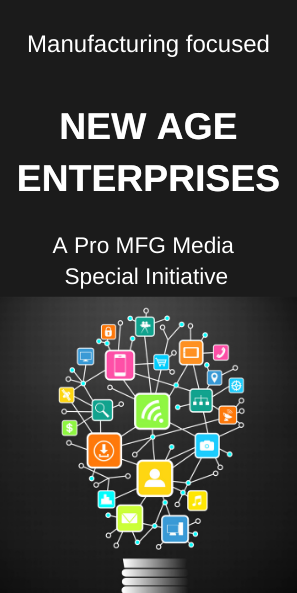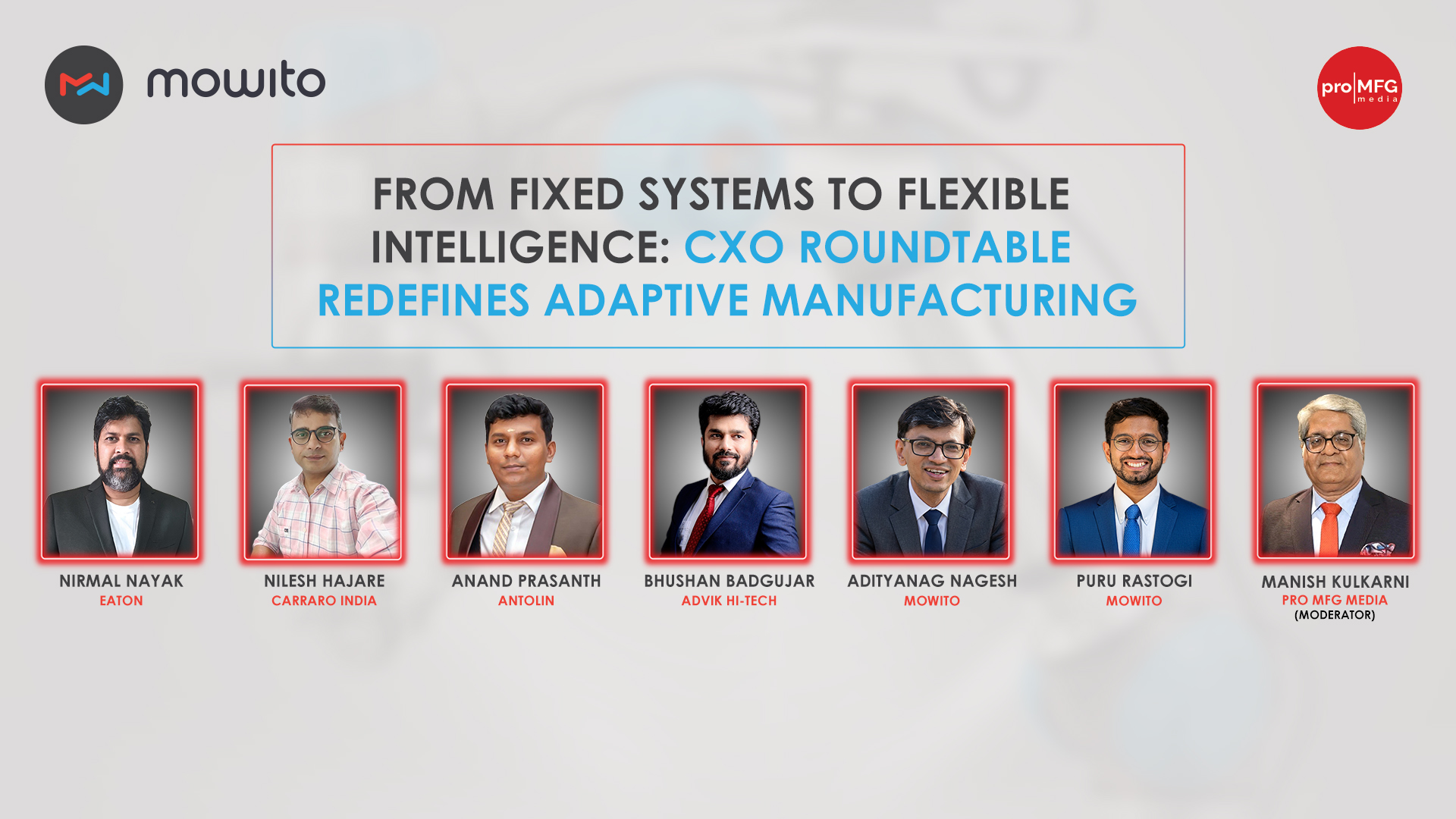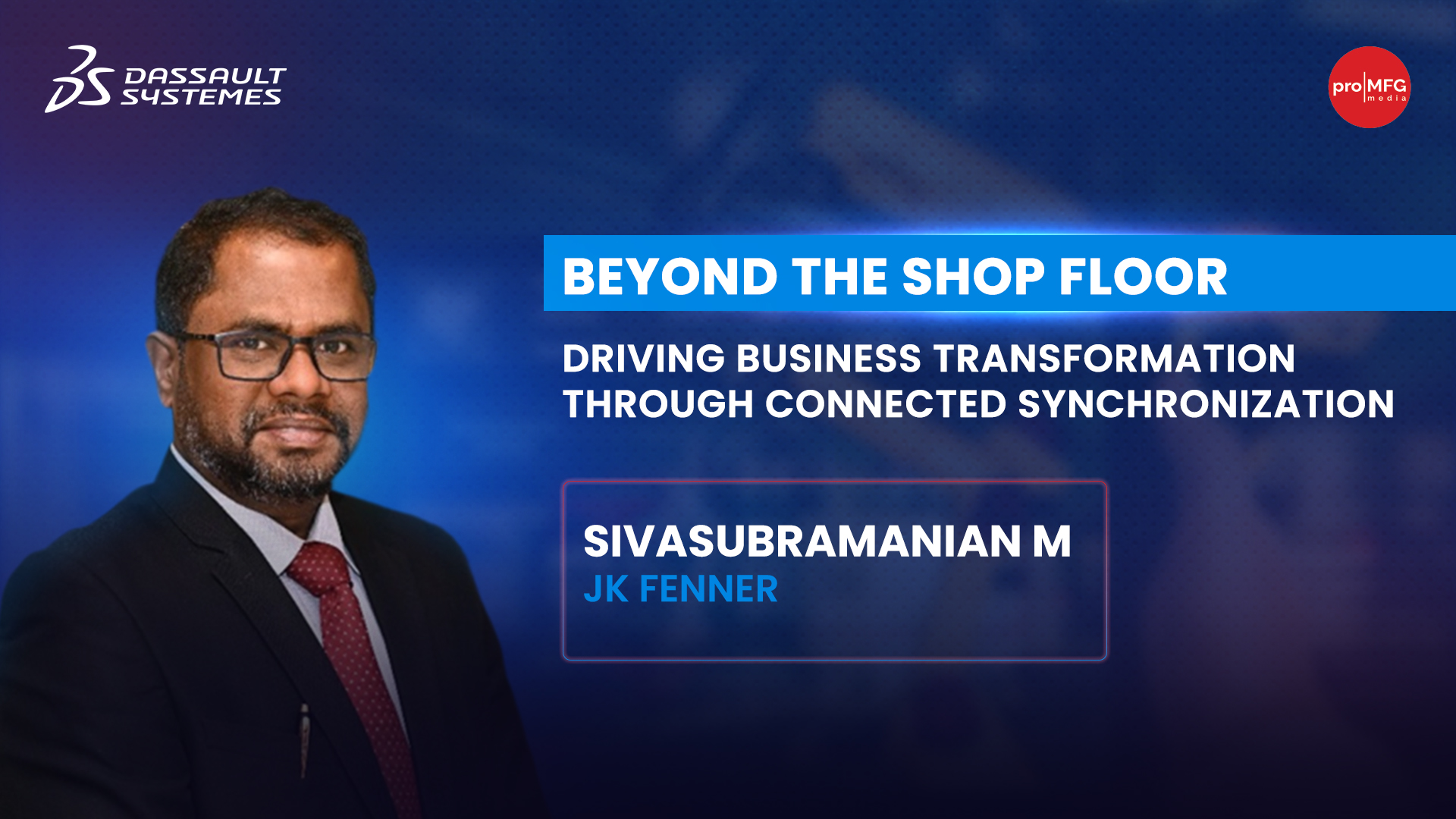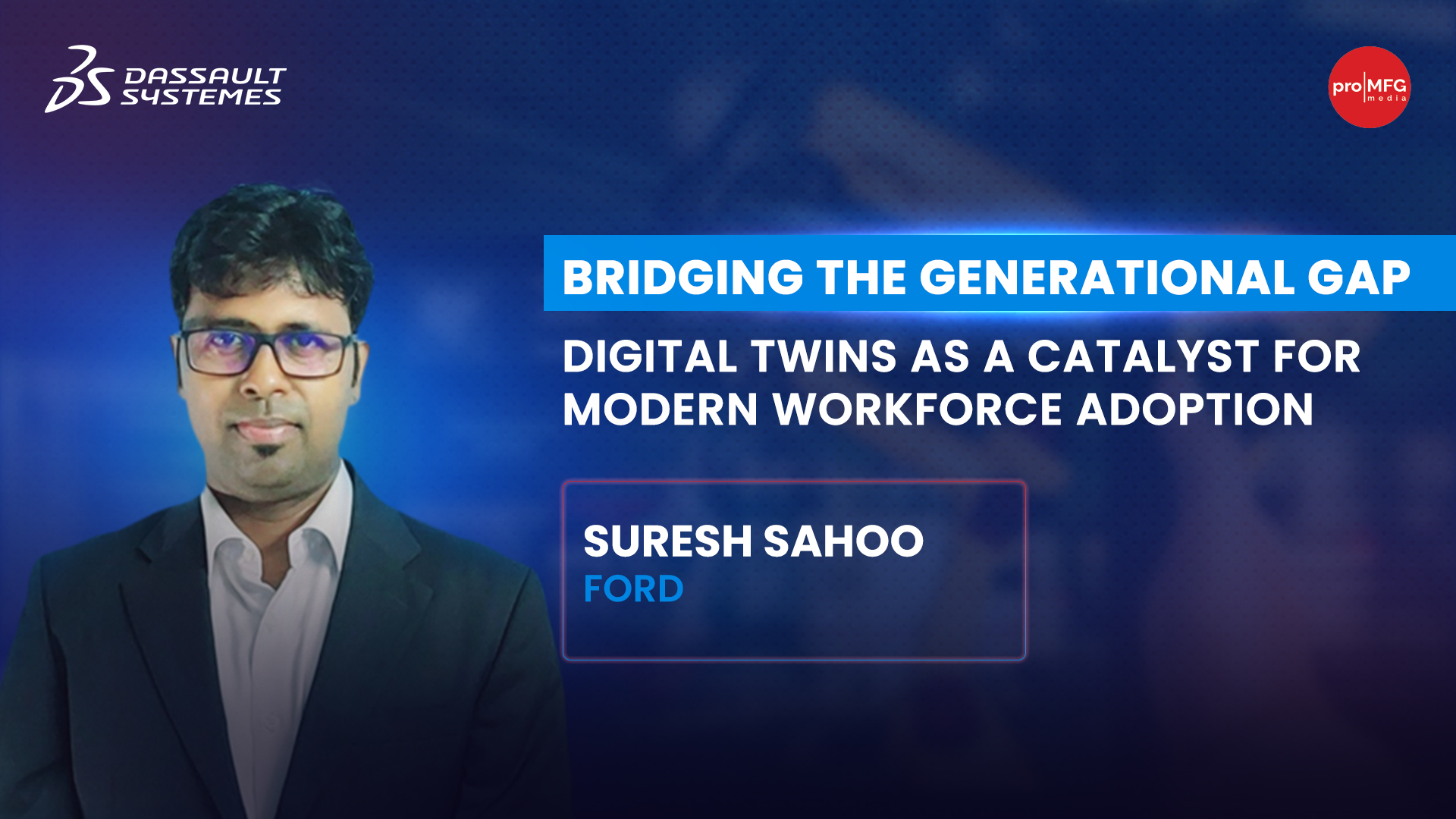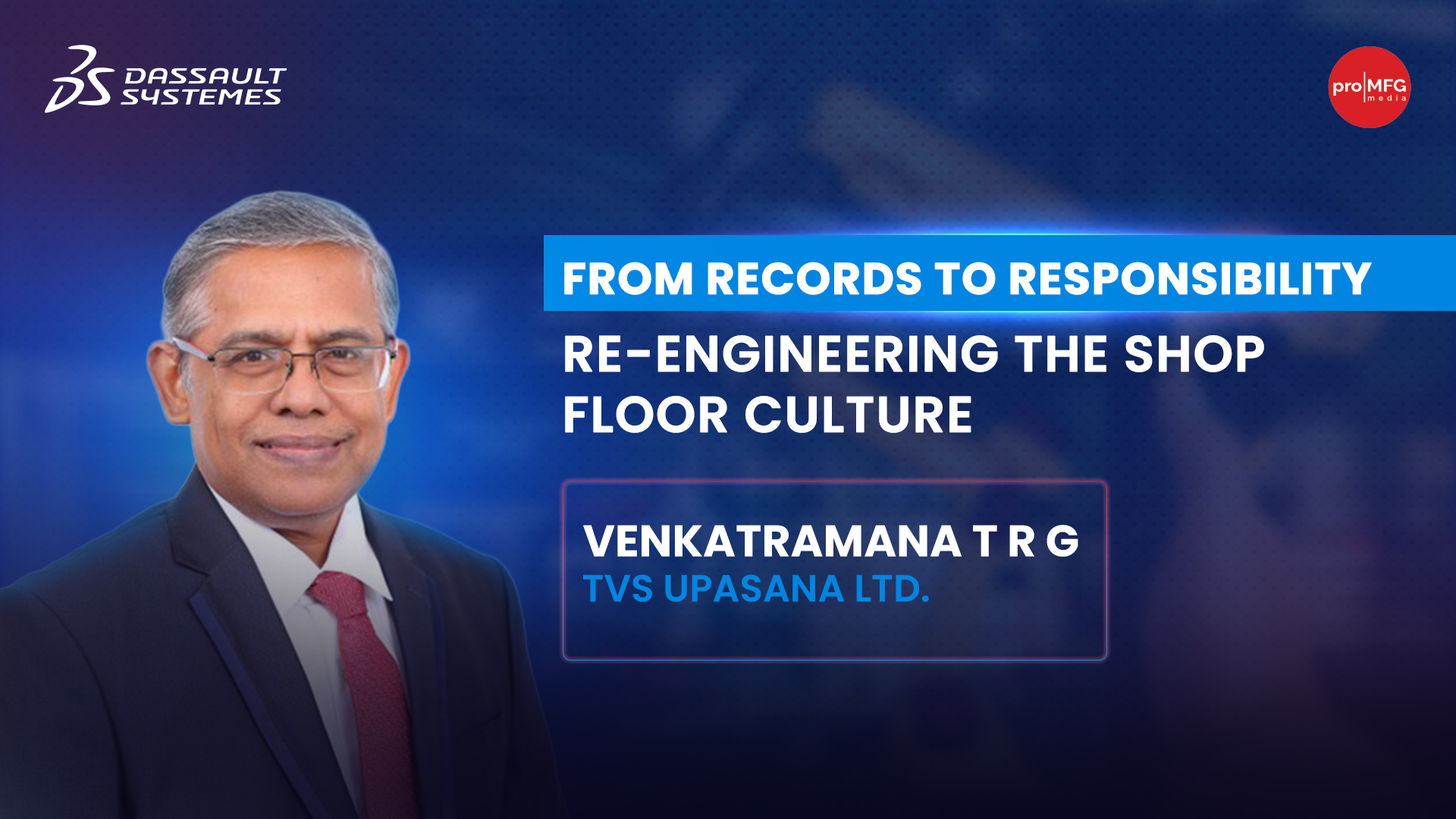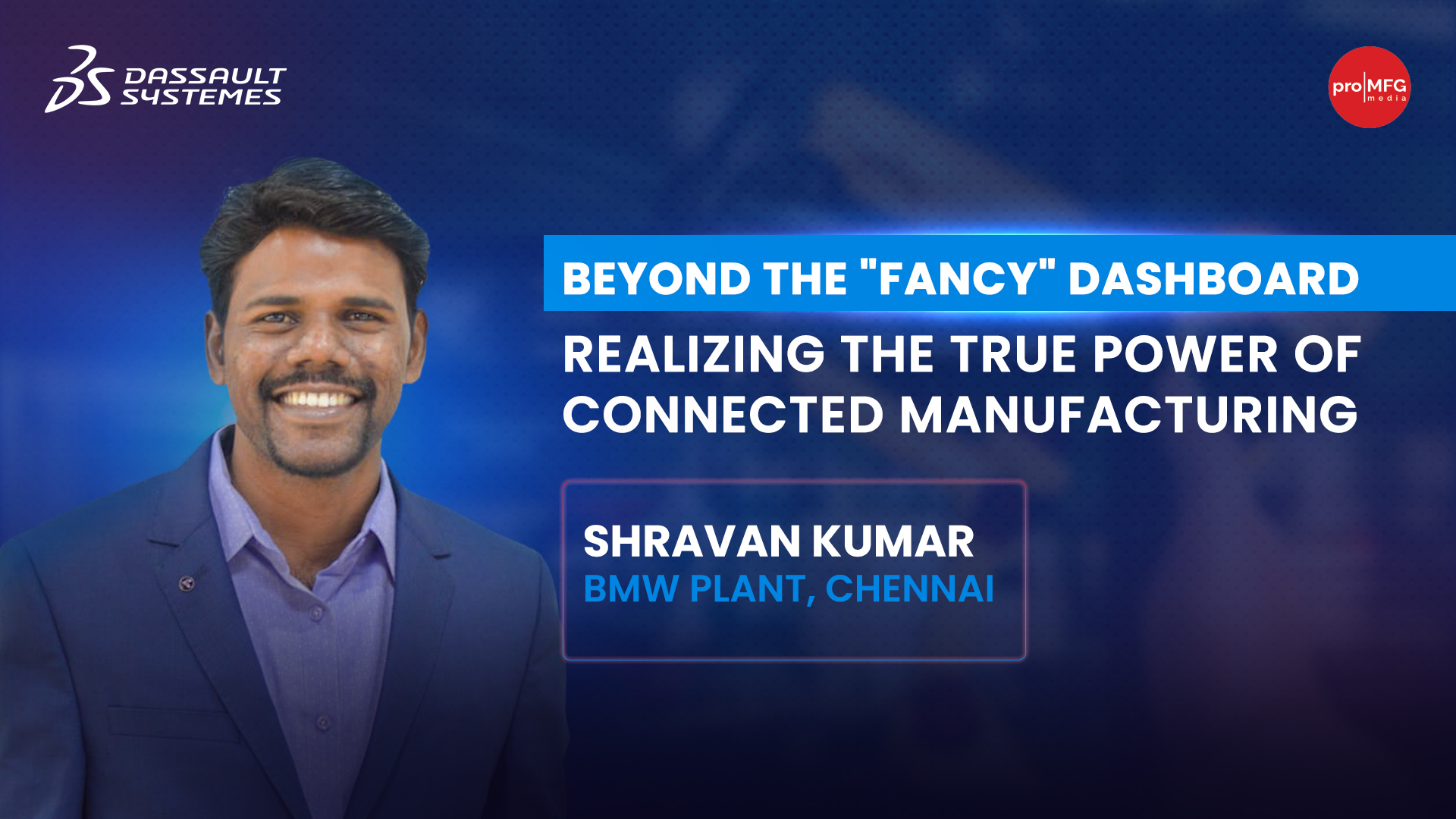Anantha Padmanabhan - Managing Director of Alfa Laval India and Cluster President for India—Middle East—Africa on his last day at Alfa Laval shares with Pro MFG Media about how a culture of teamwork, customer-centricity & there’s always more to learn mindset drives continuous improvement throughout the Organisation.
Pro MFG Media: Please share the key highlights from your long career of over four decades?
Mr. Padmanabhan: The key highlight of my career has been ‘learning’, and would humbly consider myself a good student. I have learned immensely from the industry and have been fortunate enough to receive tremendous opportunities from the organizations that I worked with. The overall experiences transformed me from a trained engineer to a business-centric personality with a realization that it is the ‘customers who make the difference.’ This experience helped me to create a strong customer-centric approach and took me towards the service sector which I am passionate about. In today’s world of engineered equipment, there is a minimum scope of creating a strong differentiator. Thus, it is the customer service that makes the whole difference.
Alfa Laval provided me with immense opportunities to build and develop the service segment. The biggest advantage of working at Alfa Laval is their capability to provide a lot of space to every employee. I often compare this approach of management with a soccer team, wherein every player comes with a set of skills, and everyone contributes equally to winning in their own capacity. Once you are on the team, it doesn’t matter who scores the goal. What matters is scoring the goal. It is critical to work as a team with a common objective and driving it with passion. In the process, I developed a lot of new strategies but I believe that it was the organization’s environment that allowed me to strengthen and enhance my capabilities.
Attaining satisfaction is according to me, my biggest achievement. In fact, I would underline that I have not just learned professionally but even on the personal front. It has helped me to improve on various fronts. Being exposed to multiple cultures has helped me to learn various languages and understand various cultures.
Pro MFG Media: We would request you to elaborate on the key factors to build a customer-centric organization, the significance of connected services, and the role of technology in improving customer service.
Mr. Padmanabhan: Recollecting from the past, the service segment has transformed most organizations globally, including Alfa Laval. Initially, the service segment was introduced as a facilitator, which would help to sell the capital equipment and was considered as a necessary evil, but later it evolved in the industry. People from the industry realized the significance of service, and eventually, capital equipment sales turned highly competitive, especially when there was a minimum to differentiate among the products. “Service became a profit generator, that is when service became profit-centric. Although according to me when the service became a relationship builder between the organization and customer, is the point where we will achieve our goal.” I do not think the engineering equipment customers have reached that stage yet.
Alfa Laval commenced the service division in the year 2000, and 20 years later, we are still in the journey. We have achieved many milestones, but there is a lot still to achieve. Service segments, over the years, have transformed drastically. The foundation of the service organization is the service culture adopted by the management. Service culture should not restrain to any specific division, but should be embraced across the various divisions of the organization.
Apart from this, it is critical to building a strong service infrastructure, which is important to deliver commitments. Lack of service infrastructure is one of the biggest challenges faced by organizations to meet customer requirements. We are witnessing progress in India in the service infrastructure aspect. Alfa Laval has built a strong infrastructure in India and the Middle-East and has moved the service engineers close to the customers. The organization has been able to successfully create a sense of ownership among the customers.
Back in the days, I use to sarcastically say that our service engineers are good at talking with machines, but they have difficulty in talking to people, implying that it is highly essential for service engineers to have good communication skills. Effective communication is one of the keys to creating a strong service culture. To give an instance, patients usually respond better to doctors with good communication skills. They feel comfortable, and 30% of the disease cures because of the doctor’s communicating well with their patients. I believe that the two parameters, viz. service culture and service infrastructure, help in building a strong and successful customer-centric organization.
In the current era, it is essential to utilize technology to improve customer care, and recently, COVID-19 has not just given the opportunity, but has rather accelerated the process. We are now using connected services and virtual reality to connect with the customers. The customer site service engineers support the engineers while serving the customer equipment from the Alfa Laval office. This has been a value-added service to the customers, just like telemedicine, as the customer receives support within half an hour after raising the complaint. Before this process, the customers use to wait for 24 hours to 48 hours. The introduction of technology in the service has benefitted the organization immensely. Alfa Laval has been driving the process efficiently, and I am glad to be a part of the chain.
Pro MFG Media: How to lead with Professionalism and Empathy to build a People-centric organization?
Mr. Padmanabhan: From my early days in Alfa Laval, I have admired our then Managing Director – Mrs. Lila Poonawalla, who I may say influenced my strong behavior at the work front. She imbibed strong foundations as she herself was extremely people-centric and even demanding on the work front. Possibly that is how I molded in the process and have applied a similar approach with my peers. It is essential to follow the professionalism on the work front and deliver what is expected out of you. My colleagues have mentioned that I do have a warm heart, and it is not simple. It is empathy combined with really demanding professionalism at work. I am glad that I have stayed friends with my ex-peers and shared this remarkable journey with them..
Pro MFG Media: What would you advise to the young professionals and students?
Mr. Padmanabhan: I think you get wiser as you grow old. I did not have any plans at that stage, but I would say that I followed my passion aggressively. . If I must give one advise to millennials it would be to follow their passion. I would say that it is relatively easy to climb to the top than it is to stay there for a long period of time. Imagine climbing Mount Everest, it is difficult to climb, but it is more difficult to sustain for a long period of time. I think it is vital to develop sustaining power and cultivate perseverance for being successful. While communicating with the younger generation, I often cite the example of peak scaling – you do not just climb all the time but climb and reach the basecamp, possibly settle down, or may have to come down and change the course. In this journey, you will need the support of your friends and mentors, and lots of refined skills. When you move from one basecamp to another, you will possibly need a set of new skills and tools but it is essential to keep up the will to learn. Learn to assess yourself, rather than letting someone else assess you, and chose the most suitable path.
NEWSLETTER
TRENDING ON PRO MFG
MORE FROM THE SECTION

